Celebrating International Women's Day 2024
07/03/2024
ARITA is committed to promoting and acknowledging the significant contribution made by women in insolvency.
Here, we profile some of the influential women making a difference in our profession.
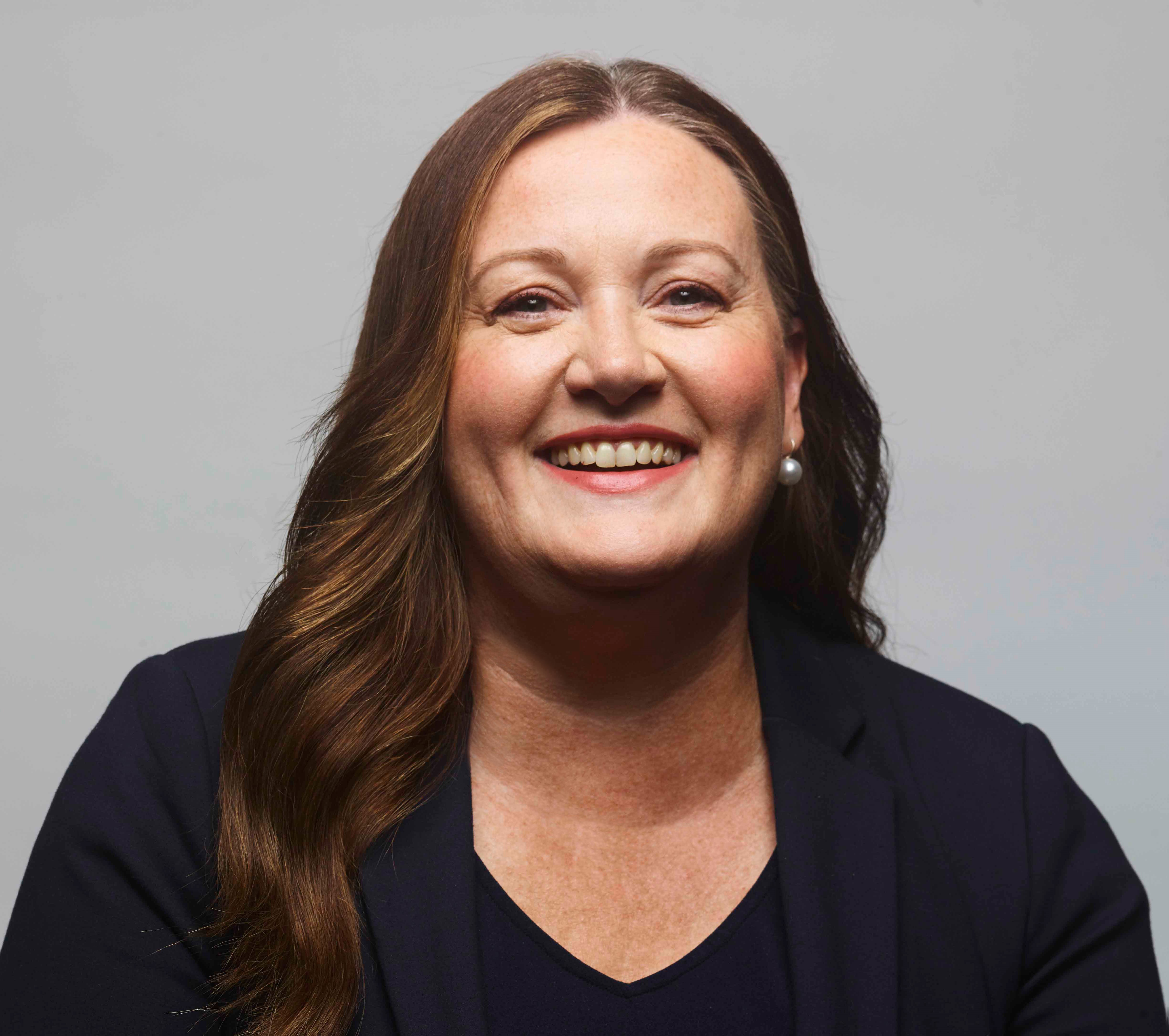
Rachel Burdett RITF, Partner, Cor Cordis and ARITA President
What is the best thing about making your chosen career in insolvency & restructuring as a woman?
The opportunity to leverage unique skills, perspectives and experiences to make a positive difference in a challenging and dynamic field. As a woman you bring diverse perspectives, and different viewpoints are always beneficial in creating a more comprehensive outcome.
Women tend to possess strong empathy and understanding, which can be beneficial when dealing with individuals or companies facing financial distress. This ability to empathise can facilitate more effective communication and problem-solving. Women in this profession can serve as advocates for inclusivity and diversity. By taking on leadership roles and promoting diversity initiatives, women can contribute to creating a more equitable and inclusive work environment.
What was the toughest part about being a woman in insolvency & restructuring?
This will vary depending on individual experiences, but if you consider some key themes that are generally prevalent in the industry that mostly impact women due to the predominantly male nature of the industry:
• Navigating gender bias & preconceived stereotypes.
• Barriers to career progression.
• Balancing work/family responsibilities.
• Potentially needing to address workplace harassment and discrimination.
One tip you suggest to improve the experience for women in our profession
Establishing a formal mentoring program where women are able to access resources, advice and encouragement to navigate the challenges they experience, and challenge and leave behind outdated, exclusionary processes/mindsets.
How will you celebrate International Women’s Day?
The celebration serves as a crucial platform to address key issues that align with women in our profession, and to discuss, challenge and share our various perspectives and experiences. I’ve been fortunate and feel privileged that I have been able to share my thoughts and experiences across several events that bring women within our industry together, most recently Women in Insolvency and Restructuring Victoria’s International Women’s Day and the ARITA SA/NT Committee celebrations.
Who is the most inspiring woman you know and why?
In my work and personal life, I meet and connect with many inspiring junior and senior women every day.
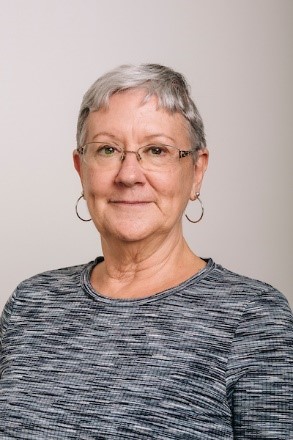 Moira
Carter RITF, Princpial, BRI Ferrier
Moira
Carter RITF, Princpial, BRI Ferrier
What is
the best thing about making your chosen career in insolvency & restructuring
as a woman?
If I am
honest, I think I enjoyed the fight to establish and prove myself as an
insolvency practitioner, and to be taken seriously when there were very few
women in the field (at least at a high level). I still remember speaking with a
creditor who demanded to speak to “the man in charge” and advising him in my
best phone voice “You ARE speaking to the man in charge”!!!
What is
the toughest part about being a woman in insolvency & restructuring?
The hours.
Although it is improving now, when I first started it was expected that a women
carry the heavier load of parenting and housekeeping duties. It was really hard
as I had two children and was a sole parent. Thank God for my family who
supported me during this time. However,
I think women still to this day feel an immense sense of guilt in
working long hours.
One tip
you suggest to improve the experience for women in our profession
Believe in
yourself and in what you are doing . You are working in a hard industry with a
bad rap. Insolvency and restructuring play a vital role in the economy of this
country and you should be proud of your role in this industry. Don’t put
up with any excuses because you are a female. Stand your ground. Be
calm, measured and decisive.
How will
you celebrate International Women’s Day?
At a
function with my peers listening to inspirational women share their stories.
Who is
the most Inspiring woman you know and why?
It is a bit
sad because I don’t really have one. If I had to pick I would say Michelle
Obama, only because I loved the way she presents herself in any situation and
her obvious caring for people. My other
choice is me!! I am very proud of myself and what I have achieved, having
started on this path by going back to university to get my degree when I was in
my 30s. I now use that to inspire other women!
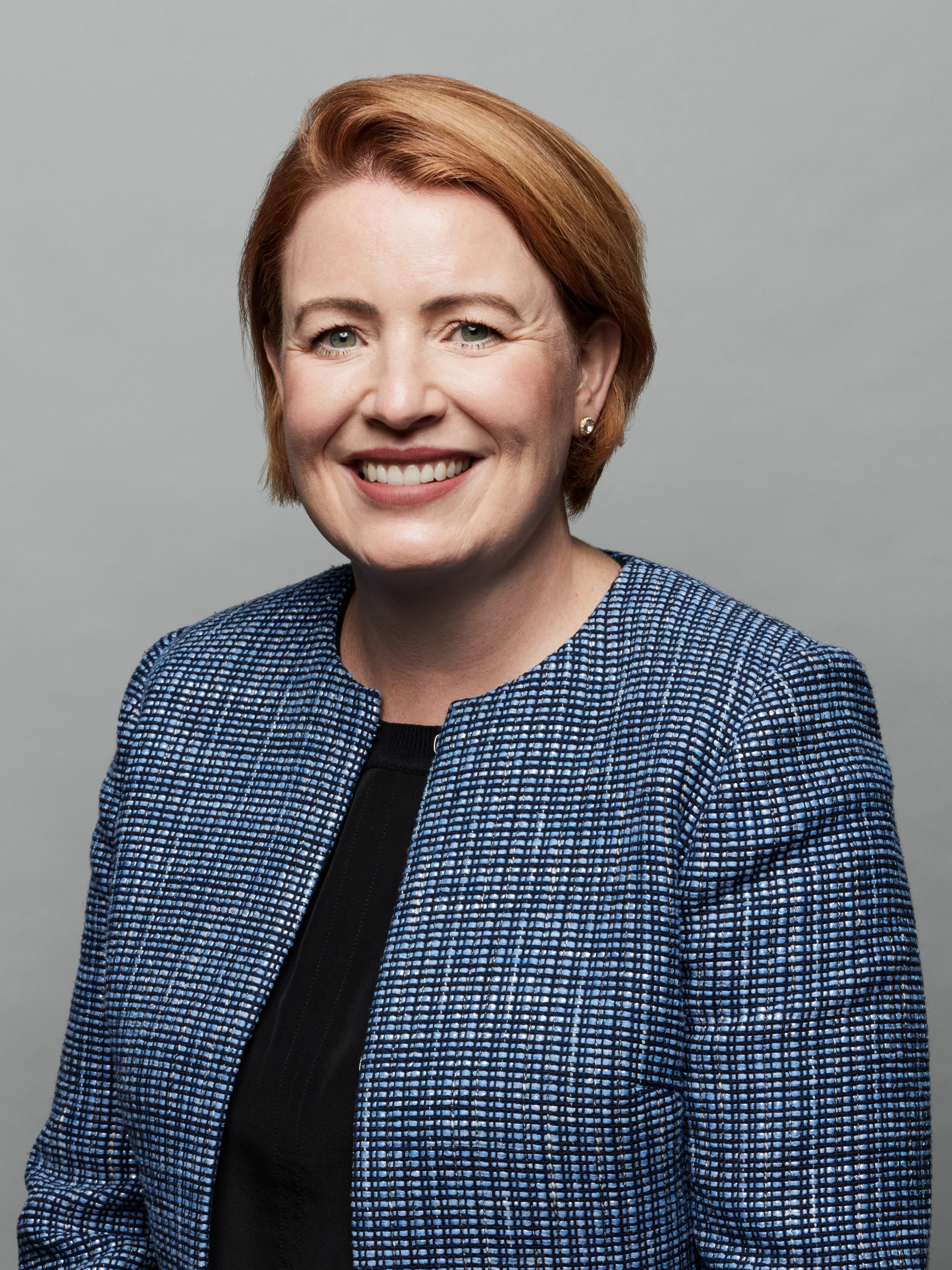
Kate Conneely RITF, Partner, Cor Cordis
What is the best thing about making your chosen career in insolvency as a woman?
For me, it has always been about collaborating with stakeholders to work through challenges, in real time. Whether that is working out how to keep a business out of insolvency, restructuring a business during an administration, or helping a financier understand the risks in a proposed new lend. Each challenge is different which gives me incredible variety in the type of matters I become involved with.
What is the toughest part about being a woman in insolvency & restructuring?
Truthfully, the fact at the time I started out in my career the industry was so heavily dominated by males, and still is. When I started my career I worked for an organisation that had many strong female role models and leaders, who all taught me that no gender was better suited to restructuring and insolvency than the other. I was taught to contribute and voice my views because diversity of thought and approach always leads to better outcomes for our clients.
One tip you suggest to improve the experience for women in our profession
The time for talking the talk but not walking the walk is gone. We need to make diversity, equity and inclusion a true priority, just as nowadays workplace health and safety is non-negotiable.
How will you celebrate International Women’s Day?
I am fortunate to be attending several events to mark the date, some hosted by Cor Cordis’ Women’s Forum, and some by other organisations. For me, most importantly, IWD cannot be looked at as one date on the calendar: the focus and purpose of IWD needs to become embedded in our organisations as business as usual. Cor Cordis is on a journey to as a firm to embrace DEI and I’m proud to be on that journey with them.
Who is the most inspiring woman you know and why?
It's impossible to choose just one. I am beyond grateful to be part of a very strong alumnae network, filled with incredible women who have done some truly fabulous things. If are were two characteristics common to all, it is their resilience and drive to succeed, even when circumstance might say no.
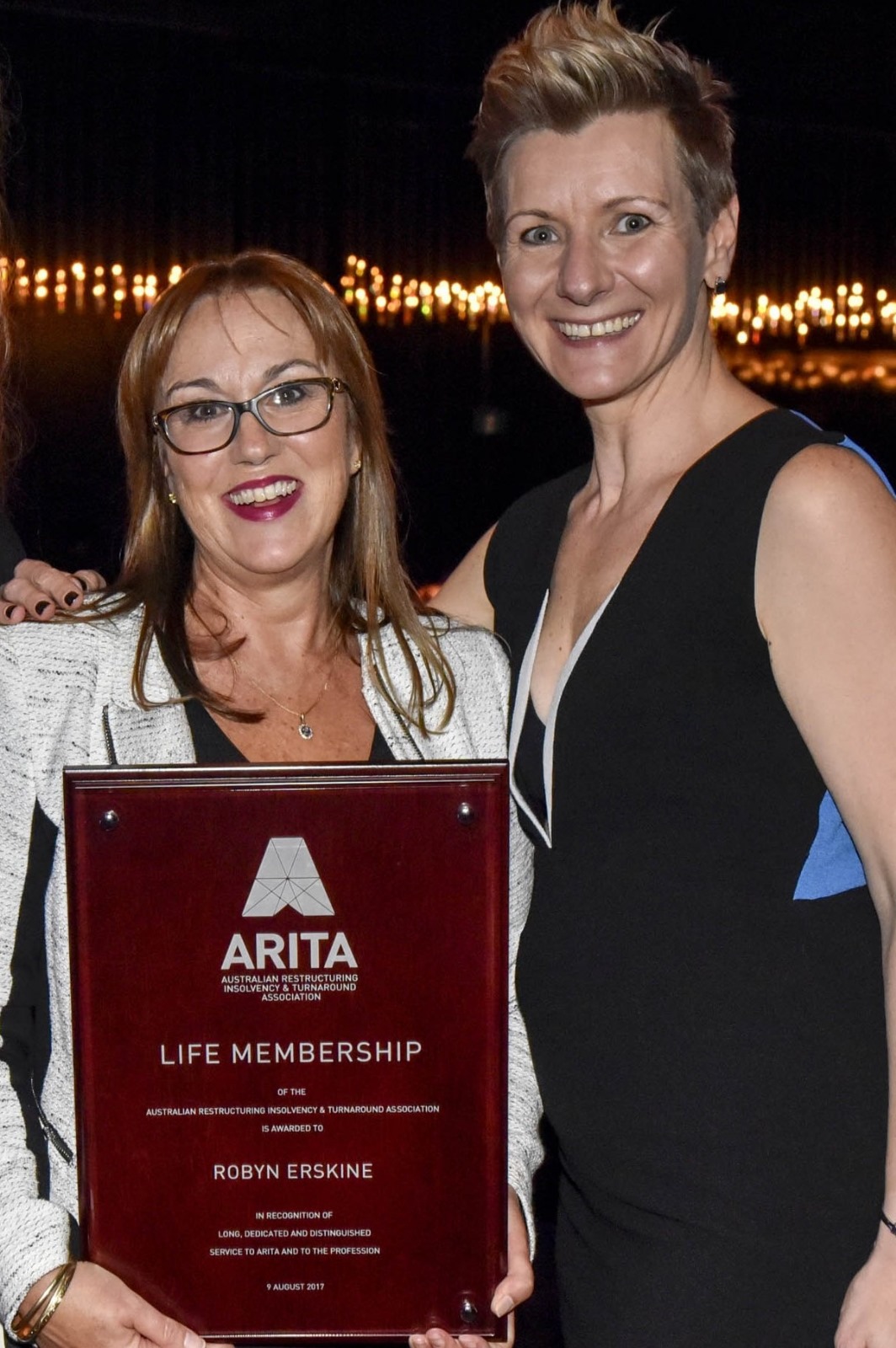
Narelle Ferrier RITF, Technical and Standards Director, ARITA
What is the best thing about making your chosen career in insolvency & restructuring as a woman?
Right now, it’s the fact that good female practitioners are a huge asset to any insolvency & restructuring practice. There are so many opportunities to progress as firms realise the value of diversity, equity & inclusion – this isn't about reverse discrimination, it’s about the value of scarce resources.
What is the toughest part about being a woman in insolvency & restructuring?
It's not unique to being a woman in insolvency and restructuring, as it applies to any primary carer, but it’s the balance of time-critical deadlines, labour-intensive trade-ons and family obligations.
One tip you suggest to improve the experience for women in our profession
I’d love to see firms actively look at any gender pay gap and make an adjustment.
How will you celebrate International Women’s Day?
By reading these posts and catching up with a former graduate (now age 46) who worked with me MANY years ago and still considers me one of the scariest women he has ever met.
Who is the most inspiring woman you know and why?
Besides all the fabulous women I work with (and they truly are fabulous), it is without doubt Robyn Erskine AM & ARITA Life member. Not only has she made a significant contribution to the insolvency and restructuring profession in Australia and overseas, but she has always been genuinely encouraging and supportive of me and many others in the profession.
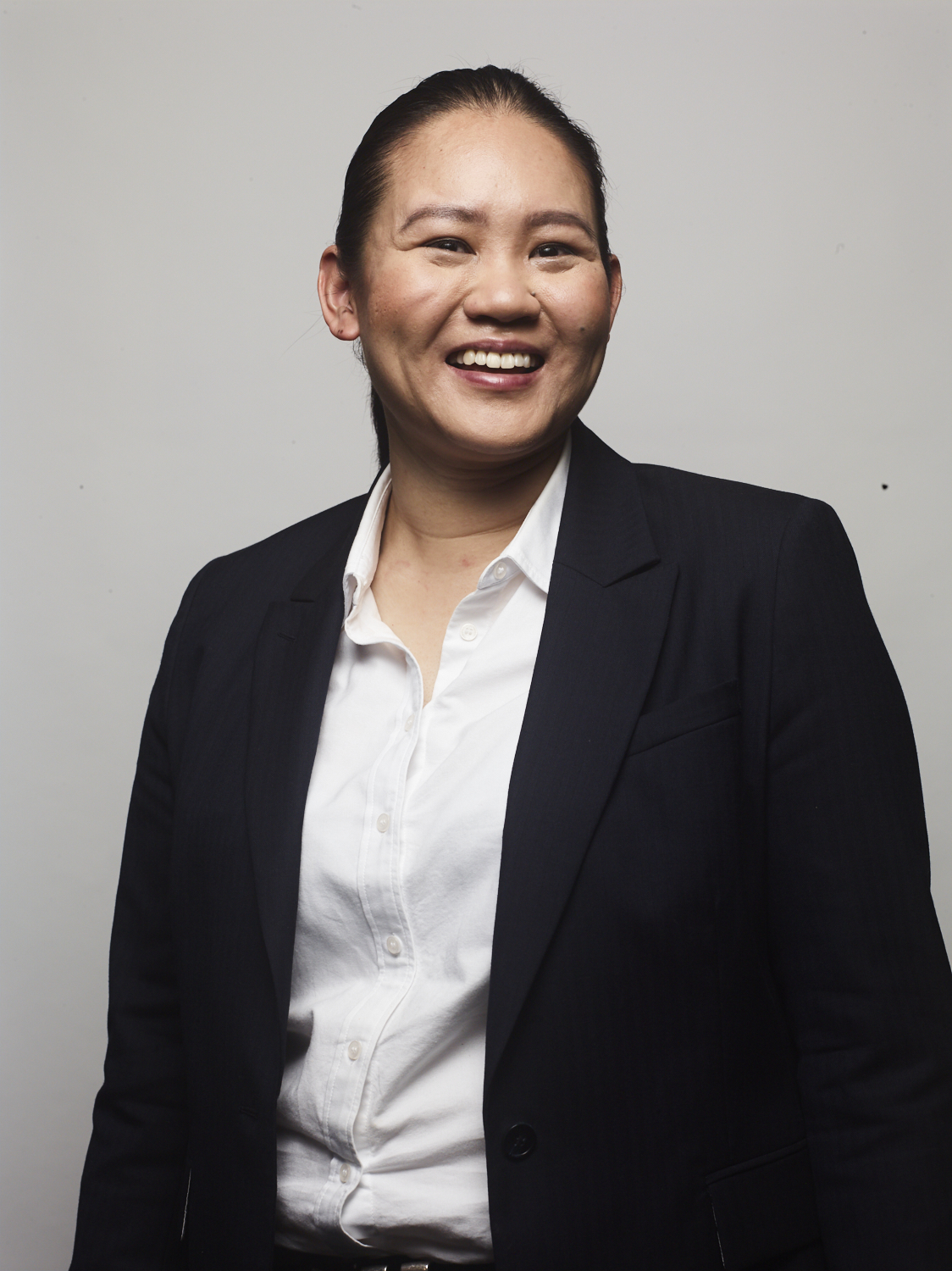
Melanie Khoo RITP, Director, Cor Cordis
What is the best thing about making your chosen career in insolvency & restructuring as a woman?
The amount of support and comradery that I have seen among the cohort of women in the industry. We support each other and celebrate each other’s successes, no matter if we are in competitor firms. I also know female lawyers intentionally referring new appointments to females who have recently obtained their liquidators’ registration to help them build their client base.
What is the toughest part about being a woman in insolvency & restructuring?
The existing dominance of males in decision-making positions and the need to question the modus operandi to make the workplace more flexible and inclusive. For example, having team meetings at times that accommodate carer responsibilities. Another difficulty is the need to network with senior male decision-makers to build a business case for your progression when you are a female in the industry without the title and without a liquidators’ registration.
One tip you suggest to improve the experience for women in our profession
To continue promoting females and increasing the proportion of female liquidators and bankruptcy trustees in the industry. The younger generation need role models they can look up to if they are to enter and stay in the profession. The industry also needs to take a tougher stance on senior male insolvency practitioners who openly demonstrate chauvinistic views but are too big to fall because of the level of revenue they generate for their firm.
How will you celebrate International Women’s Day?
I will celebrate IWD by connecting with hundreds of powerful and inspiring women at a long lunch.
Who is the most inspiring woman you know and why?
Clare Baily will always inspire me by continuing to challenge the hierarchy and not following rules that don’t make sense. She relocated from Melbourne to Perth and turned the office upside down by having lunch when she was hungry (rather than the stipulated 1pm to 2pm) and dressing for her day (rather than wearing business attire every day).
 Nirupa Manoharan RITP, Partner, Mills Oakley Lawyers
Nirupa Manoharan RITP, Partner, Mills Oakley Lawyers
What is the best thing about making your chosen career in insolvency & restructuring as a woman?
There is, without doubt, a common bond and shared experience women working within restructuring and insolvency have. It is vital to continue sharing our experiences, so women understand they are not alone.
What is the toughest part about being a woman in insolvency & restructuring?
I’ve moved multiple times in my career. It can be a daunting and occasionally lonely experience when arriving in a new place, with no network or other community to connect you to your surroundings. The collegiality and support of the R&I community, including the many fantastic women I’ve had the pleasure of working with (and against!), has certainly played a part in making a strange, new place feel more like ‘home’.
One tip you suggest to improve the experience for women in our profession
We must continue having those always important, sometimes uncomfortable, discussions around increased flexibility, career progression and ‘real’ leadership opportunities for woman to support the drivers of change. ARITA’s Balance Taskforce and its role in profiling women and integrating diversity within its platforms is helping drive the conversation but much more needs to be done. So let’s keep talking!
H elen Newman RITF, Partner, BDO Brisbane
elen Newman RITF, Partner, BDO Brisbane
What is the best thing about making your chosen career in insolvency & restructuring as a woman?
The best thing in my career as a woman is that it involves quick thinking and problem solving, and being flexible with time, resources and solutions, just like as a mother dealing with discovering its dress-up day at school for one child, cupcakes are required and a there’s a distraught second child because the science project just broke, all within a few hours of school drop off: and subsequently achieving school drop off with two happy children and all matters resolved. The children are grown up now but those multitasking, problem-solving and crisis management skills have come in handy on many insolvency engagements.
What is the toughest part about being a woman in insolvency & restructuring?
Not having many other female colleagues in the specialisation within the firm that are a similar senior level.
One tip you suggest to improve the experience for women in our profession
There definitely has been improvement over the years, but it is important to not stereotype the profession as not being suitable for working mothers.
How will you celebrate International Women’s Day?
My firm BDO arranged for a brilliant presentation by Moya Dodd AO, who shared her experiences on inclusion and diversity. Moya is a former vice captain of the Matildas, equality advocate and lawyer and former member of FIFA's governing body, as one of the first three women after 108 years of all-male rule.
Who is the most inspiring woman you know and why?
There are many inspiring women but the closest to heart is my mother. Mum is an inspiration, through her boundless energy, hard work, generosity, enthusiasm for life, and particularly for taking on new interests and roles in her senior years. As a young mother of four, when the youngest was five and the first childcare centre in the area was open, she went to university. Despite working full-time she ran the household, raised four children, did further study and has always volunteered. In her late 70s she continues to volunteer for four different organisations.
Kathy Sozou RITF, Partner, McGrathNicol
 What is the best thing about making your chosen career in insolvency & restructuring as a woman?
What is the best thing about making your chosen career in insolvency & restructuring as a woman?
Having the opportunity to assist a wide range of businesses in distress, and bringing a different perspective to a workout scenario as I’m often the only female in the room.
What is the toughest part about being a woman in insolvency & restructuring?
At times, it could be difficult to develop meaningful business development and networking relationships when the industry was predominantly male. While there is still work to be done on this front, there has been a significant improvement in the number of women in the industry which has resulted in this becoming somewhat easier.
One tip you suggest to improve the experience for women in our profession
For women to have the confidence to ask for what they need to succeed, and for those in positions that can assist (male and female) to genuinely listen and act.
How will you celebrate International Women’s Day?
Attending events that are focused on celebrating women’s successes and contributions in their chosen professions.